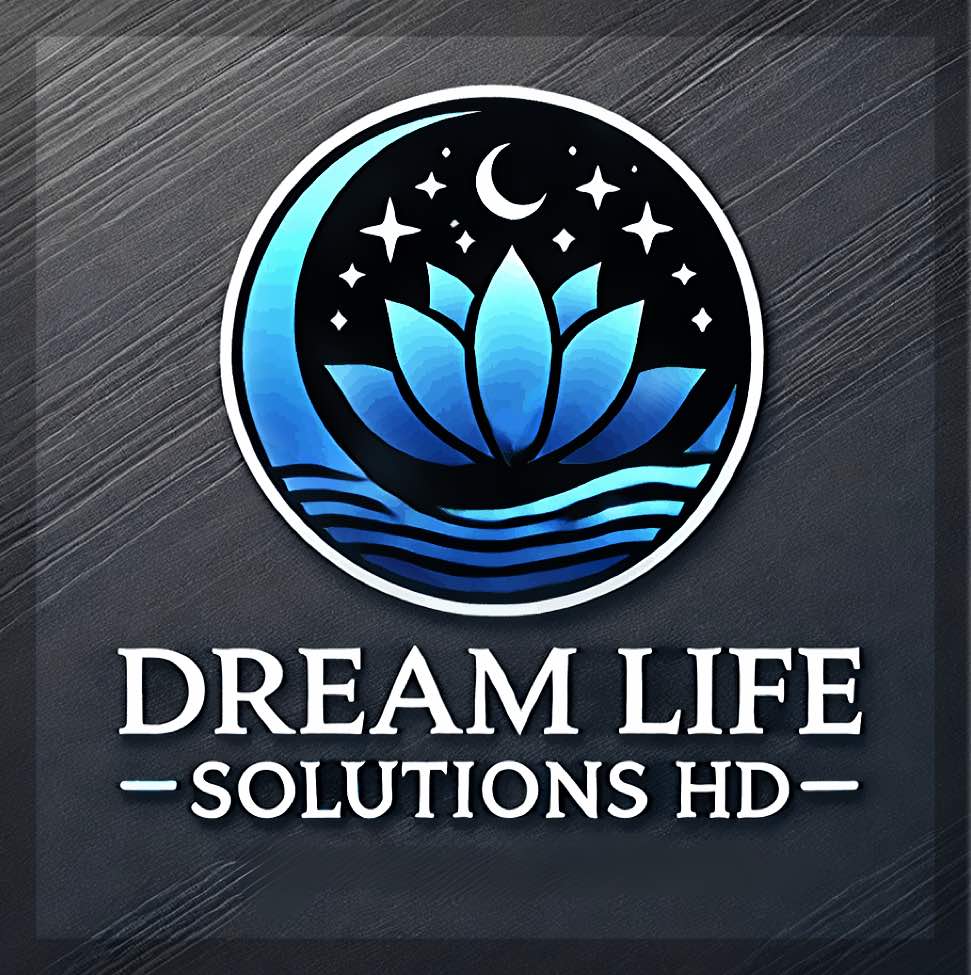
Advancing in your career is not always smooth sailing. Taking risks is often essential for significant professional development. But what is meant by “taking risks”? It’s about stepping beyond your comfort zone to pursue new opportunities, spearheading innovative projects, or even changing careers entirely.
In this exploration, you’re going to find out about the dual nature of risk – it can lead to substantial reward but also involves the possibility of failure. However, it’s important to understand that successful individuals often view risks as strategic moves. By analyzing the career trajectories of industry leaders, we will see that calculated risks are frequently the stepping stones to greatness.
The journey into risk-taking isn’t just about leaps of faith; it’s also about the psychological aspect. How does embracing risk affect our career path? Some individuals inherently thrive in uncertainty, while others may require a mindset shift to see the potential gains. Embracing risks can have a transformative impact on how we approach our career objectives, nudging us toward paths we might not have otherwise considered.
Assessing Your Personal Risk Tolerance

Assessing your personal risk tolerance is a critical step before you jump into any significant changes in your career path. First, let’s take a stock of where you’re currently at. Look at your current job role, level of satisfaction, and the direction it’s heading. Now, overlay that with where you ideally want to be. That gap? That’s your stage for calculated career risks.
Your comfort level with uncertainty is a significant factor in the kinds of risks you can take. Are night sweats about a failed project your thing, or are you a cool cucumber under pressure? Your risk tolerance influences your career decisions, and thus, the steps you’ll take next. Understanding your attitude towards risk can prevent future career regrets or missteps.
Don’t worry too much about nailing down a precise level of risk tolerance; it’s more about knowing whether you lean towards caution or adventure. Self-awareness is your best tool here. Reflect on past decisions you’ve made – which were successful, which weren’t, and how you felt making them. This personal audit helps you predict your reactions to future risks.
There are some solid frameworks and tools out there to help you weigh the risks in your career moves. Think along the lines of SWOT analyses (that’s Strengths, Weaknesses, Opportunities, Threats), or even seeking out career counseling. These approaches can put your situation into perspective, revealing paths that balance your ambition with your need for security.
In my opinion, once you’ve drawn your risk tolerance map, you’re better equipped to step into the arena of strategic risk-taking. This is where you start identifying the opportunities that can really transform your career. The next steps involve stepping out of your comfort zone just enough to reach for those opportunities – but we’ll get into how you can do that safely in the next section.
Strategic Risk-Taking for Career Transformation

Now, strategic risk-taking can be the jet fuel for your career transformation. It’s about stepping off the beaten path and carving out a new route. The idea isn’t simply to leap without looking but to smartly navigate risks to push your career forward.
Identifying opportunities for growth often requires you to stretch beyond your comfort zone. That new managerial position? It might mean longer hours and more responsibility. But it also could be the pivot point that propels you forward. Growth lives on the fringes of comfort, so by pushing your boundaries, you’re also expanding your horizons.
Your professional network is a treasure trove of advancement opportunities. Actively cultivating these relationships paves the way for mentorship, collaboration, and the inside scoop on upcoming ventures. Remember, it’s not just who you know but who knows you and your potential.
Continuous learning is non-negotiable in today’s fast-paced world. Taking risks might mean going back to school or seeking certifications. While this entails an upfront investment of time and money, the long-term payout in terms of career progression can be substantial.
Finally, don’t overlook the power of mentorship and professional guidance. A mentor provides insight, opens doors, and can be a sounding board for your riskier moves. Their experience can be your guidance system, pointing out both the storms to avoid and the shortcuts to your destination.
Mitigating Risk While Pursuing Career Goals

There is an art of playing it smart when taking career risks. Don’t worry too much about failure; it’s all about how you bounce back and what you learn from it. Choose something that resonates with you, even if it seems risky, but always have a Plan B in place.
In my opinion, having a solid fallback plan isn’t pessimistic, it’s strategic. It’s the buffer that gives you the courage to leap. Adapting to failure isn’t a sign of weakness but a testament to your resilience. The key is to dust yourself off and pivot as needed.
Balancing your long-term vision with short-term steps is crucial. Breaking down risks into smaller, manageable actions can significantly alleviate the stress of making big career moves. Plus, this makes tracking progress and making adjustments easier.
Finally, I really hope that you think about the legal and financial aspects of career risks. It’s not the most thrilling part, but it’s crucial. Ensure you understand the implications of your decisions on your financial security and legal obligations. That’s the strategy I like to leverage for sustainable success.
Did you find this post helpful? Please leave a comment below, share it with your friends, and don’t forget to follow us on Facebook and Instagram for more tips and insights!





I completely agree with all these points in career growth, especially stepping out of your comfort zone can lead to major rewards. I found the emphasis on assessing personal risk tolerance and having a solid backup plan particularly valuable.
The discussion on balancing risk with a solid fallback plan resonates with me. It’s reassuring to know that having a Plan B isn’t just about being cautious but about enabling more boldness in our primary actions.
Hi Elica! I’m so glad this resonated with you! Stepping out of your comfort zone truly does open up amazing opportunities, and I think you’re spot on about the importance of balancing risk with a solid backup plan. It’s all about creating that safety net that allows you to take bigger, more calculated risks without feeling like you’re free-falling. Knowing you have a Plan B gives you the confidence to pursue your main goals more aggressively, which can lead to some incredible breakthroughs.
It’s great that you’re embracing this mindset in your career! Keep pushing those boundaries and leaning into growth—it definitely pays off in the long run!